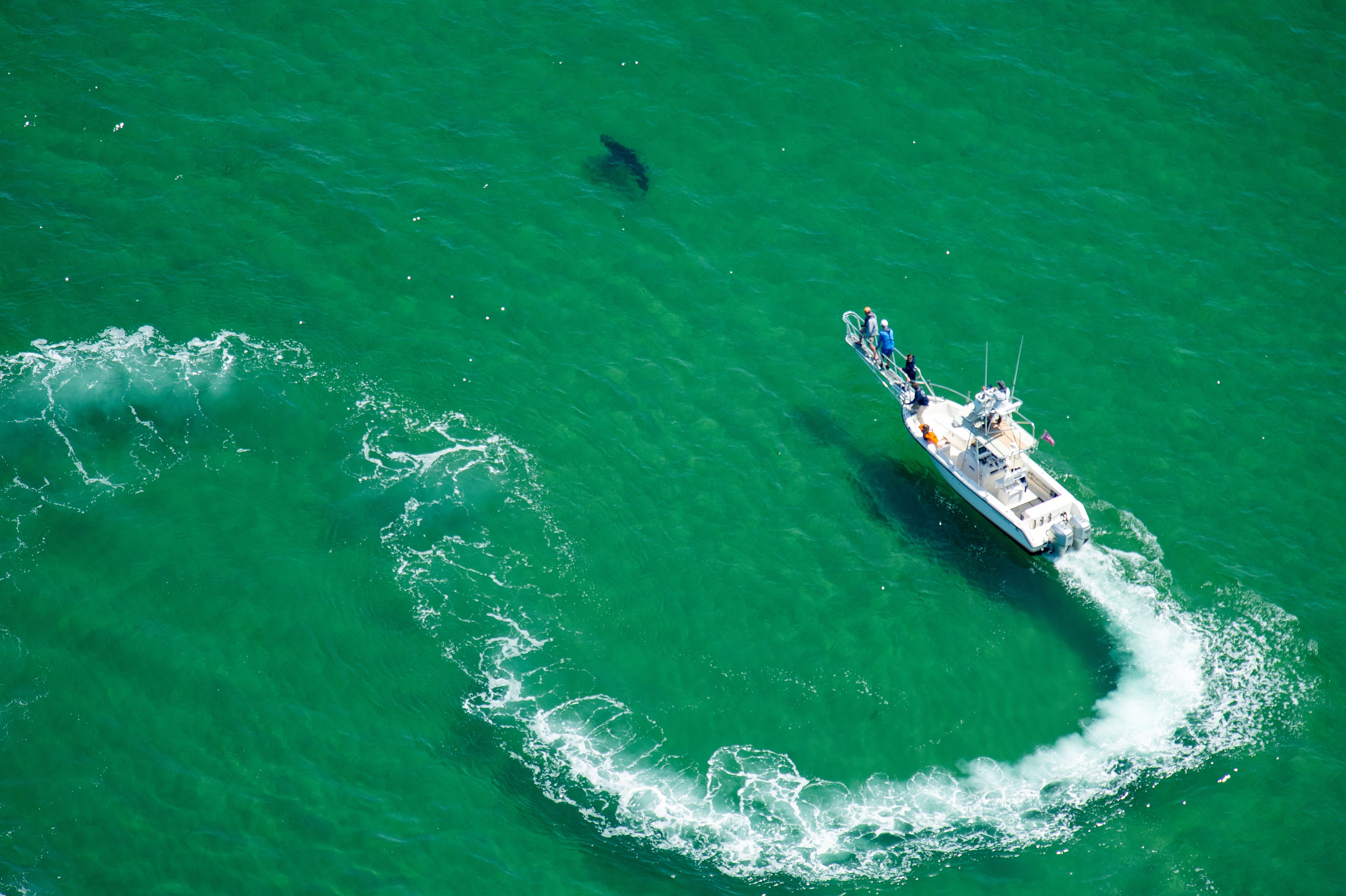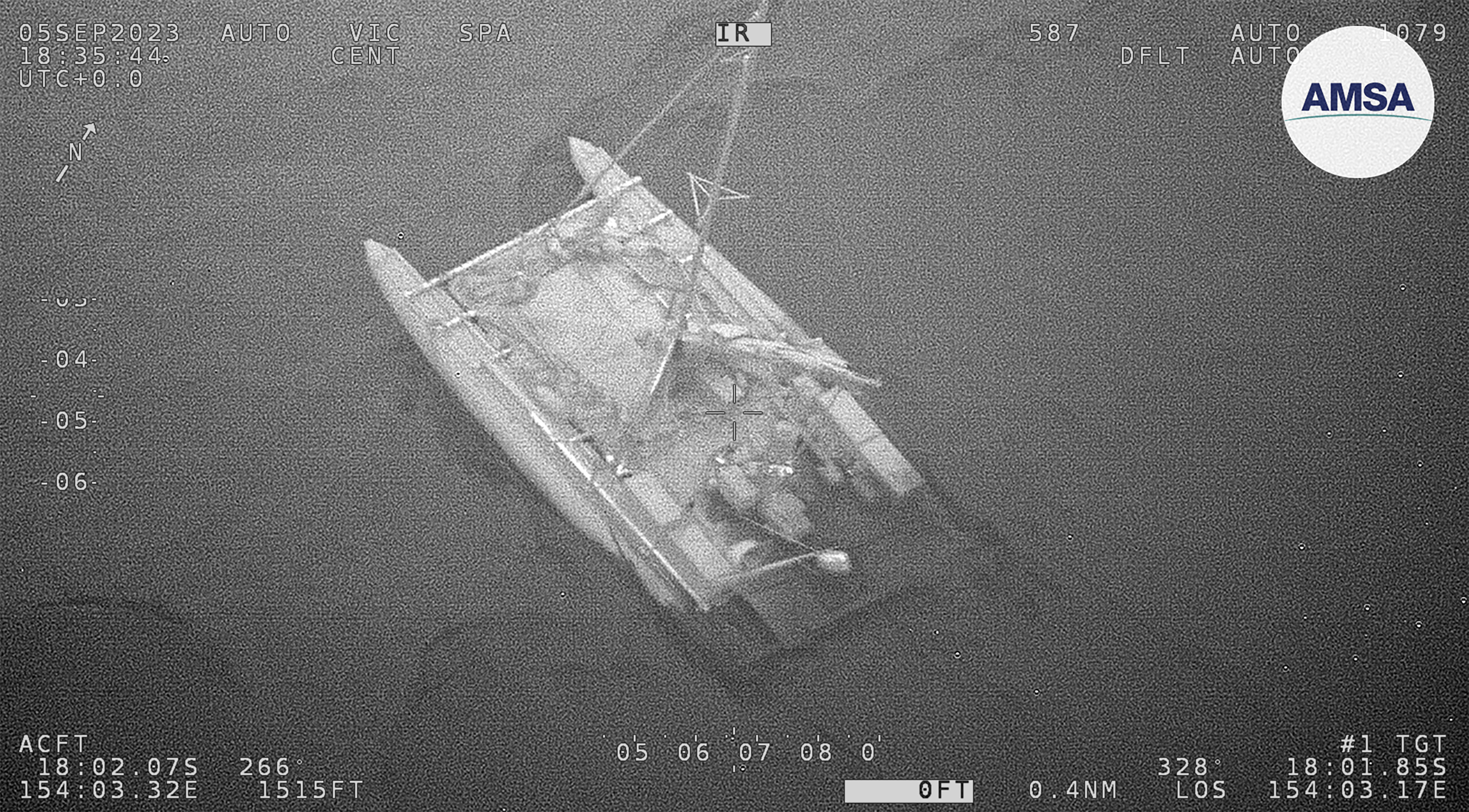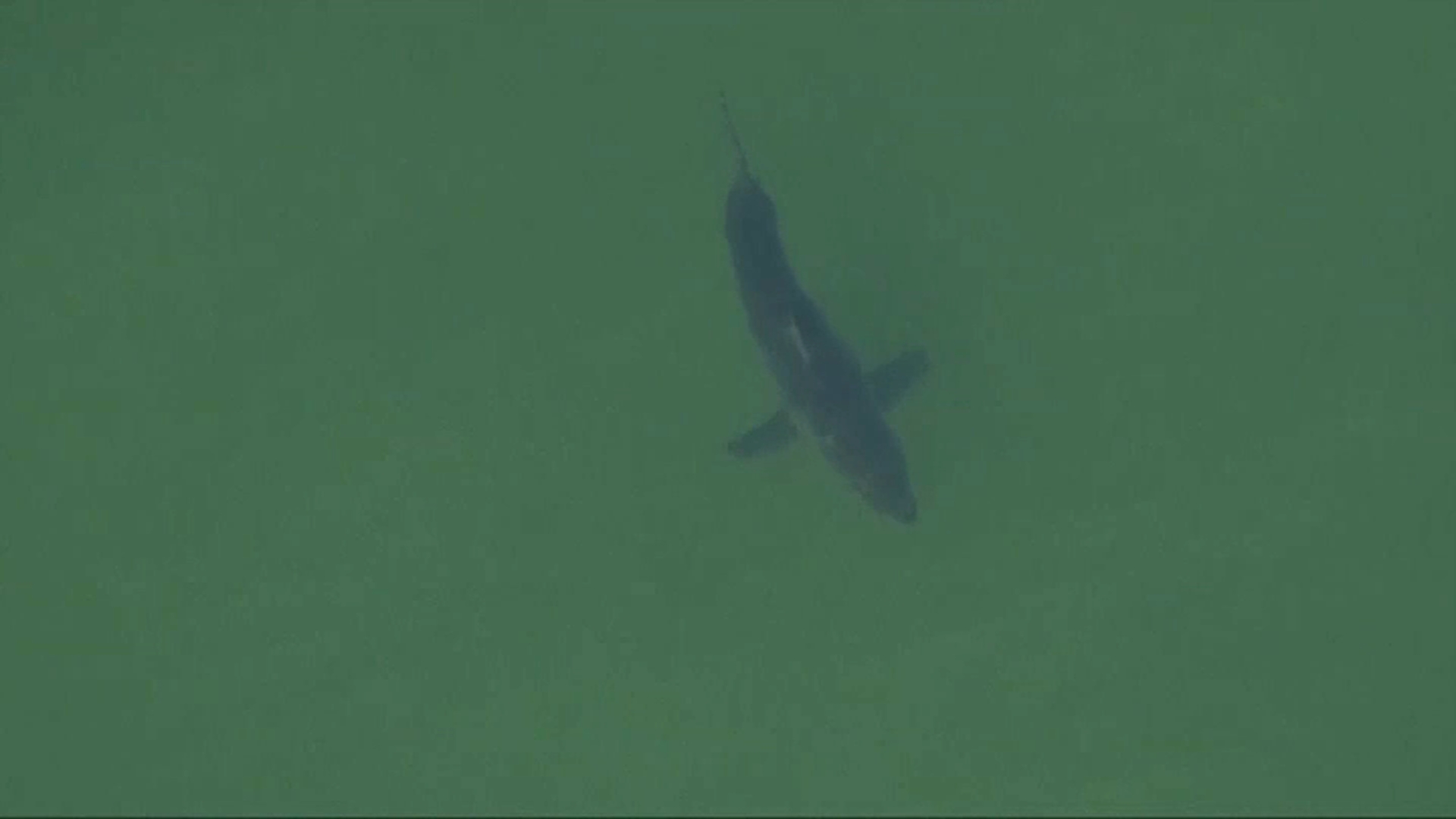
The Atlantic White Shark Conservancy has removed devices it uses to collect data on shark locations from the coast of Cape Cod in anticipation of the potential impacts of Hurricane Lee.
These detection receivers, which cost about $15,000 each, are used to collect data for research purposes. They also help power the Sharktivity app, which offers the public information about shark activity.
WATCH ANYTIME FOR FREE
Stream NBC10 Boston news for free, 24/7, wherever you are. |
The Conservancy said Tuesday that they worked with the Massachusetts Division of Marine Fisheries to remove the devices to avoid possible damage from the storm. They are typically removed in the fall as weather worsens - last year they were removed in late September.
As of Tuesday afternoon, the National Hurricane Center was showing the eastern edge of the Cape in the storm's cone of uncertainty. With several days to go before New England will see storm impacts, it is still unclear how significant Lee could be in the region.
Get updates on what's happening in Boston to your inbox. Sign up for our News Headlines newsletter.
The Conservancy said while sightings start to slow down in cooler months, shark activity remains high through October and anyone going into the water should continue to use caution and be aware of their surroundings.
"It is critical that individuals entering local waters be acutely aware that white shark activity off Cape Cod remains at its peak through the month of October," Cynthia Wigren, CEO and co-founder of the Conservancy, said in a media release.
Recent research has found Cape Cod is a white shark hot spot. Sightings and swimming closures have become common at beaches during the busy summer season.




